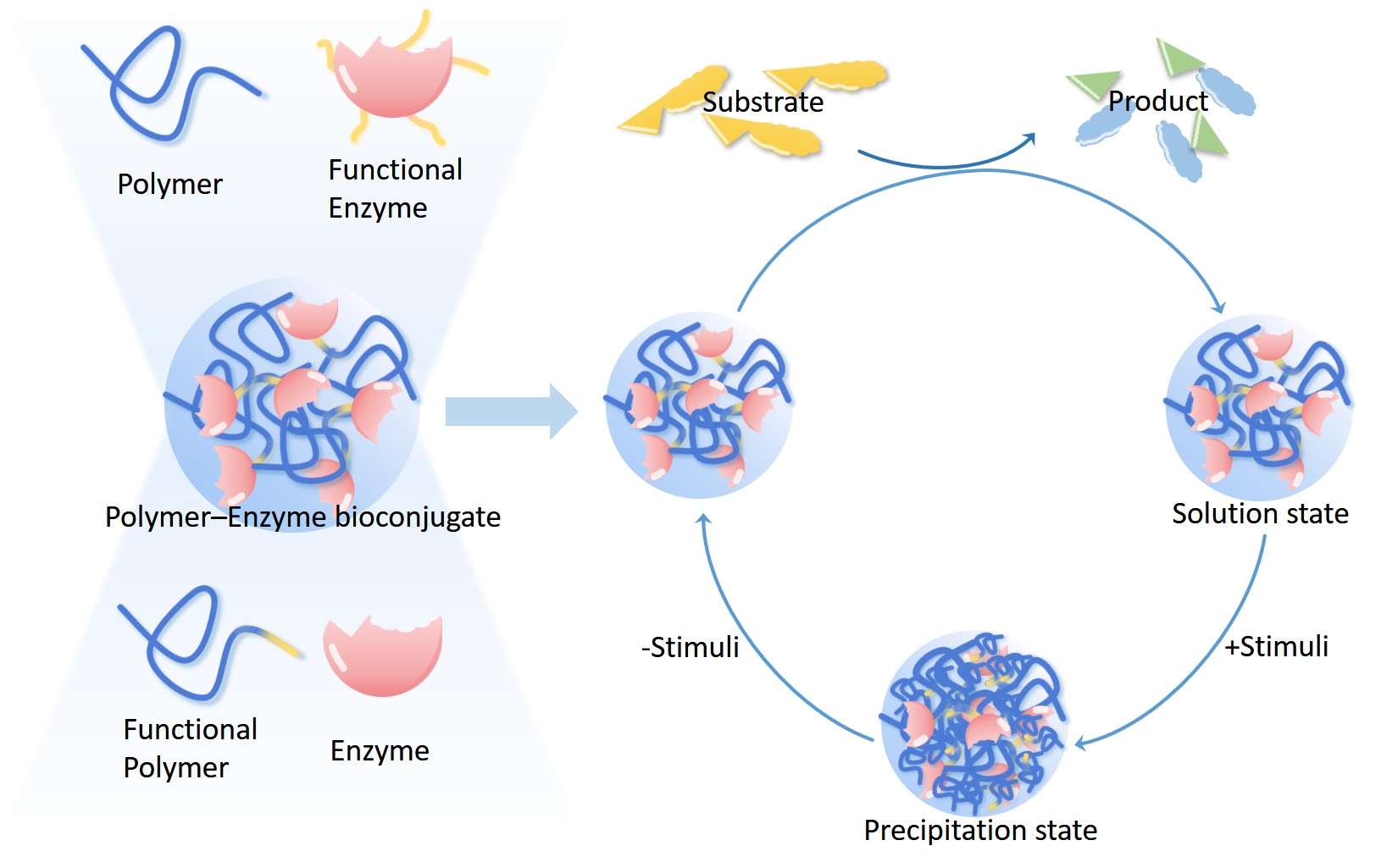Bioconjugation for Industrial Applications
Bioconjugation plays a crucial role in various industrial applications, including the pharmaceutical industry. Creative Biolabs is a trusted authority in the field of bioconjugation for industrial applications. Our bioconjugation techniques are highly effective in the development of advanced industrial biocatalysts, therapeutic biocatalysts, and smart biosensors. What's more, we can offer reliable and cutting-edge bioconjugation solutions that will optimize your industrial processes.
Bioconjugation Enzymes
Bioconjugation is used in a variety of industries, including pharmaceuticals, biomedicine, the chemical industry, and the food industry. Enzyme catalysis is exceedingly rapid, regio- and stereo-selective, and operates under typically moderate circumstances. With the help of these enzyme features, we can conduct a variety of catalytic reactions. Enzymes have established themselves as specific catalysts in the chemical and pharmaceutical industries from early invention to large-scale production. Bioconjugation is critical for achieving enzyme stability and reusability.
 Fig. 1 Synthesis of Polymer-Enzyme Bioconjugates.
Fig. 1 Synthesis of Polymer-Enzyme Bioconjugates.
The conjugation of enzymes and polymers is usually achieved through two methods: physical mixing and covalent conjugation.
Physical Mixing
By physically mixing enzymes with polymers, we'll meet your needs for use in industry. To stabilize the enzyme-polymer complex, this approach uses hydrophobic interactions, van der Waals interactions, and hydrogen bonding. In addition, in the case of building polyelectrolyte-enzymes complexes, the electrostatic interactions between the opposing charges of the polymer and protein, combined with hydrophobic interactions, play a vital role in maintaining the polyelectrolyte-enzymes complexes.
We will provide you with the best service for the preparation of polymer-protein complexes by taking into account the influence of medium physicochemical variables (such as pH and ionic strength), charge density, and surface charge distribution of polymers and proteins on stability.
Covalent Conjugation
Covalently conjugating enzymes to polymers can result in increased enzyme stability. Depending on the active functional groups existing on the polymer and enzyme, covalent conjugation may occur randomly or site-specifically. Random conjugation includes the enzyme's non-specific conjugation to the functional groups located within the polymer, leading to heterogeneity. Based on this problem, our unique Site-specific Conjugation Platform allows the preparation of specific conjugated products with greater homogeneity.
![]()
Our Featured Services
- Scale up production
- Minimized manufacturing costs
- Increased enzyme catalytic efficiency
- Support to develop the various industrial sectors
Creative Biolabs offers the most advanced and comprehensive bioconjugation services in the field of industrial applications worldwide. We work to amplify your success in a highly collaborative manner. If you are interested in our services, please do not hesitate to contact us for detailed information.
